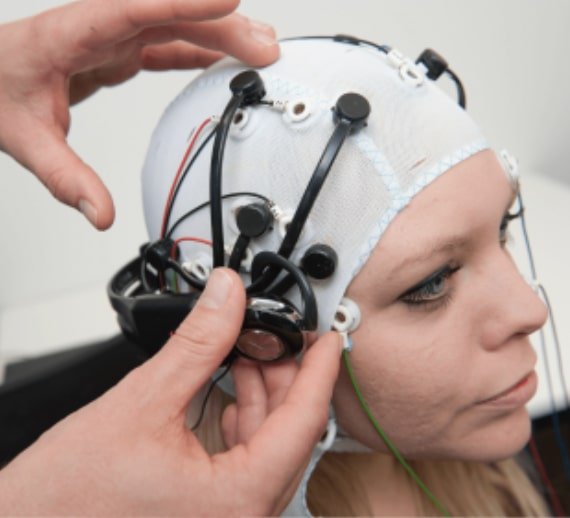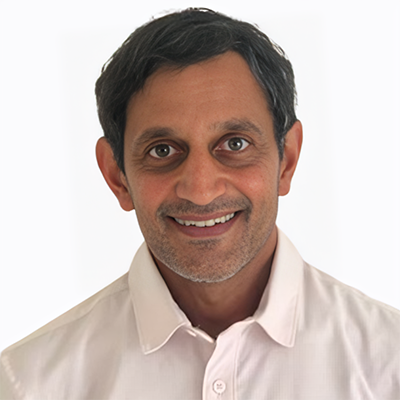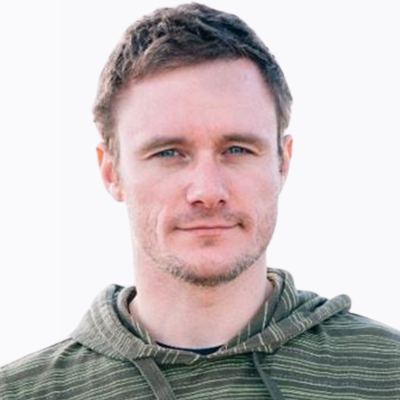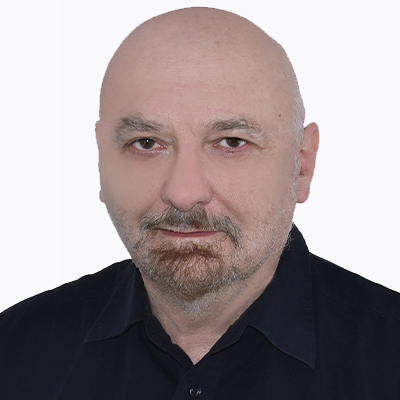Why We Are Here
Sapien Labs is a 501(c) (3) not for profit organization founded in 2016 with a mission to understand and enable the human mind.
Our mission is motivated by:
- The curiosity of us all to understand ourselves and our similarities and differences.
- An imperative to understand the impact and consequences of our changing environment and technology on the dynamical function of the human brain, particularly in the context of rising mental health concerns and growing inequality.
- A belief that the understanding of the brain and mind belongs to us all and that globally inclusive participation is essential.
Sapien Labs is based in the Washington DC area with a globally distributed team across four continents.



Our Founding Story
Sapien Labs was born out of a weekend experiment with shocking results.
In 2014 our founder Dr. Tara Thiagarajan, a PhD in Neuroscience from Stanford, was running a microfinance company called Madura that was working across 25,000 villages and small towns in India. Madura had built a research group that was working to understand drivers of economic outcome in impoverished communities. A large field team gathered data on ecosystem and individual level variables to identify those that predicted the economic success of both individuals and entire villages. Over a thousand different variables were sampled across tens of thousands of people, including cognitive metrics. In this process they encountered many unexpected and curious cognitive dimensions and outcomes. The obvious question was – what was going on in their brains?
Read More

It was tempting to measure their brain activity, but EEG was expensive, and it was a complicated process to get out to these remote places with all the equipment. Fortuitously, Dhanya Parameshwaran, a data scientist on the research team who was analyzing the cognitive data came across the Emotiv EPOC, an inexpensive EEG headset. Dhanya also had a PhD in Neuroscience and had done part of her graduate work at the National Center for Biological Sciences (NCBS) under Tara when she had been a visiting scientist there. They had worked together on analyzing brain activity recorded on the surface of human brains in patients undergoing brain surgery.
Of course, a heavily regulated financial services company was not the place to be recording brain activity. But curiosity had got the better of them so they bought an Emotiv EPOC and thought they would do a personal experiment just to get a first peek at what the brain activity looked like. One Saturday they recorded a few minutes of resting brain activity from themselves and some friends and colleagues and then drove a couple hours on Sunday to a small village where they spent the entire day recording brain activity from any willing adults. They then played around with the data computing all sorts of metrics from it. No matter what aspect they looked at, the brain activity from the village brains was very distinct from the urban brains. The differences could be several fold, and in some cases distributions between the two groups barely overlapped. For scientists who typically encounter small differences and are always struggling to determine if they are real, this was shocking, and completely unexpected.
Of course, it was possible that these differences were not real. The experiment was a weekend hack and not exactly controlled and who knows what exactly was responsible for the differences – the coconut oil the village folks tended to use in their hair perhaps? On the other hand, if the results were real, the data was saying something profound: that human brains are enormously diverse and perhaps diverging with access to modernization and technology. If so, what was modernization doing to our brains? Which environmental and societal factors were responsible for these differences? What did it mean for cognition and mental health? No one was looking into this. Almost all studies were done in the United States or western Europe, and typically on small samples of 30-60 college students, a very small demographic. What about the other 90% of the world? Convinced that knowing the answers to these questions was essential to more effectively drive the future outcomes of society, in 2016 Dr. Thiagarajan founded Sapien Labs with an initial contribution and the first real study began. Since then Sapien Labs has expanded its suite of tools and partnerships to build understanding of both cognitive and mental health and for interpretation of the EEG signal.
Show less

















